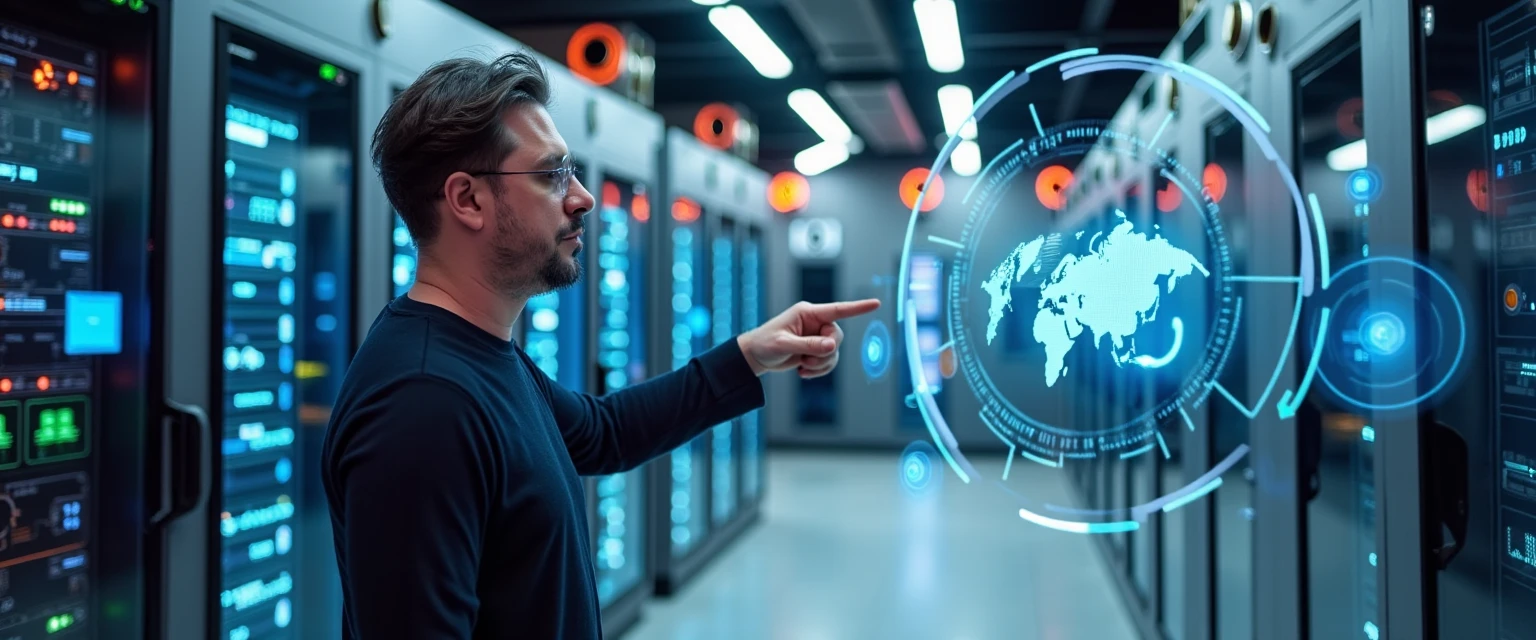The Impact of AI in 2024: Between Advances, Challenges and Opportunities
January 1, 2025 | by Matos AI

2024 was a transformative year for artificial intelligence, with profound impacts that redefined not only technology but also the way we live and work. Here I summarize the main developments of the last year, based on the most recent analyses of the global market.
The Dominance of Tech Giants
OpenAI maintained its leadership position with ChatGPT, releasing significant updates such as GPT-4o and several user experience-focused features. Google, on the other hand, made a significant leap forward by migrating from Bard to Gemini, introducing more advanced processing capabilities.
Join my WhatsApp groups! Daily updates with the most relevant news in the AI world and a vibrant community!
- AI for Business: focused on business and strategy.
- AI Builders: with a more technical and hands-on approach.
Apple, which has always been known for being fashionably late to the trends, finally revealed its AI initiatives during WWDC, integrating ChatGPT-like features into Siri. However, as I’ve been observing, the company is still a few steps behind the competition, especially considering that its AI solutions only work in English.
The Hardware Revolution
Nvidia has cemented its dominance in the AI chip market, setting new standards in the industry. This reminds me of the discussions we had at the beginning of the mobile era, when infrastructure was also a crucial bottleneck for innovation.
The Latin American Scenario
It’s exciting to see the growth of AI in Latin America, with initiatives such as Brazil’s $1.4 billion program to build local capabilities standing out. In my experience supporting startups in the region, I’ve noticed that there’s still a significant talent gap, but the educational initiatives underway are promising.
Challenges and Concerns
Not everything was rosy in 2024. We face serious issues with low-quality content generated by AI and deepfakes, as well as growing concerns about regulation. As someone who actively participated in the construction of the Legal Framework for Startups in Brazil, I see that we still need to evolve a lot in the balance between innovation and regulation.
Investment Opportunities
The financial market also reflected the optimism about the sector. Companies such as AMD, Micron Technology and Dell presented positive outlooks for 2025, with significant growth projections. In China, Alibaba drastically reduced the prices of its large language models (LLMs), democratizing access to the technology.
Final Reflections
In over two decades of working in technology and innovation, I’ve rarely seen a more transformative moment than this one. AI is following a similar path to what I saw with the mobile internet in the early 2000s – a technology that starts as a “nice to have” and quickly becomes a “must have.”
By 2025, I believe we will see an even greater acceleration in AI adoption, especially in the enterprise environment. Companies that do not adapt quickly risk being left behind, just as happened in the digital age.
The challenge now is to ensure that this growth is inclusive and responsible. As I have always argued, we need to build bridges between innovation and positive social impact, ensuring that the benefits of AI reach all segments of society.
✨Did you like it? You can sign up to receive 10K Digital's newsletters in your email, curated by me, with the best content about AI and business.
➡️ Join the 10K Community here
RELATED POSTS
View all



